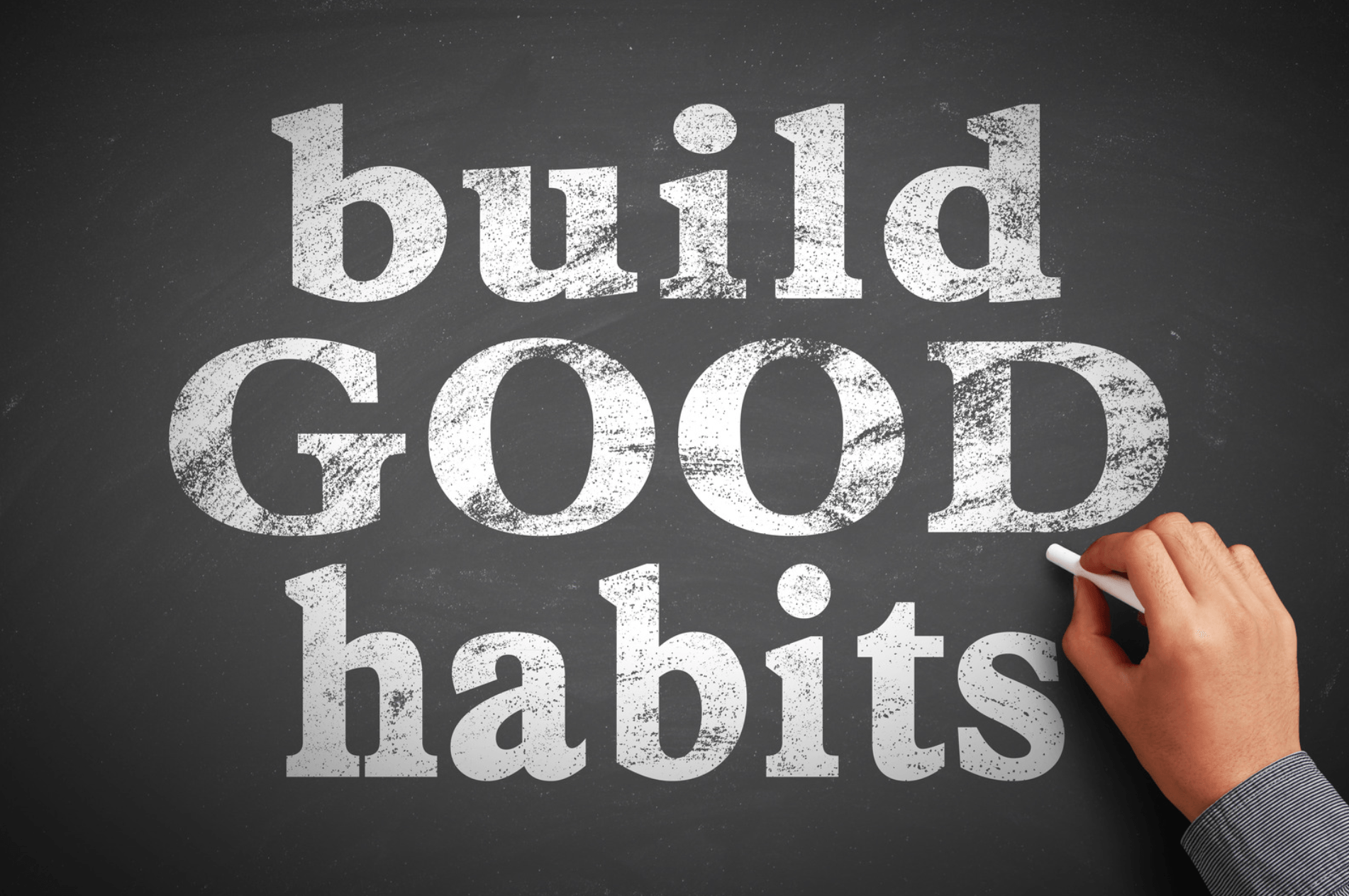Are you focused on addition or subtraction?
Could less actually equal more?
Most of us don't struggle with addition.
We add a new workout, a new app, a new habit, more names to our Christmas card list... You get the idea.
When we are looking for a way to improve something in our lives we often add something new. But, what if we should actually subtract?
Consider an upcoming trip or event. Your calendar is crammed full of wonderful opportunities. What is your natural reaction? Probably to add time - lengthen the trip or add an extra 1/2 day to the workshop to "get it all in".
If we add more because that is actually the best option, that is one thing. But far too often we never consider removing things as one of the alternatives. In a recent Harvard Business Review study, they presented participants with grid patterns where subtractive changes were objectively superior to additive changes. In other words, the challenge could be completed in fewer steps (4 compared to 12) through subtracting blocks in the grid pattern. A majority of participants instinctively added to the grid pattern and moved on.
Even more interesting - when participants were distracted by a second activity, they were more likely to choose addition.
How does that apply to you and me every day?
When we are already overcommitted, we may be even more likely to add something else to our already full calendar. That is a sure-fire recipe for burnout!
So, what can we do??? 🤷🏻♀️
We can intentionally and strategically subtract.
Why should you consider subtraction for your life?
When we commit to fewer activities, we are able to give more of our time, energy and personal resources to those activities. Could your vacation be improved by doing fewer things & truly savoring your time in each? Could the workshop or event you are planning be more impactful by narrowing your focus and limiting what is offered?
We don't usually overcommit ourselves intentionally. We add one "small" or "temporary" thing. Those temporary commitments tend to become permanent and eventually lots of small things can eat a huge chunk out of your week.
Review your calendar for the coming week. Now find your busiest day. What is one thing that you could remove, either shifting it to another day or deleting it from your week completely? If the activities are commitments where someone else is counting on you, how could you remove it in the future?
If actually subtracting activities and commitments is too big of a step at first, consider your week to be a zero sum game. In order to add 1 thing, you must subtract 1 thing (of equal time or energy commitment). For example, if you are going to volunteer 3 hours to work the ticket booth at the soccer game, what 3 hours of activities will you subtract from your week to make the space?
When you begin to see new opportunities as a "this or that" switch rather than something you can just squeeze in, you will choose correctly because your choice will be based on your priorities.
Getting clear on what is most important also gives you clarity on what isn't.
Y'all have a great week!
Renee'











